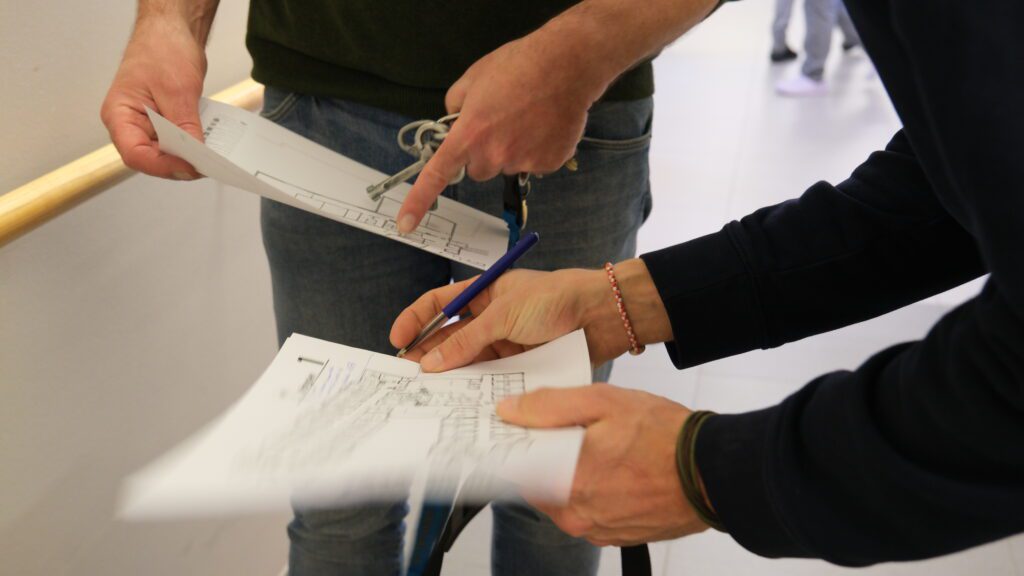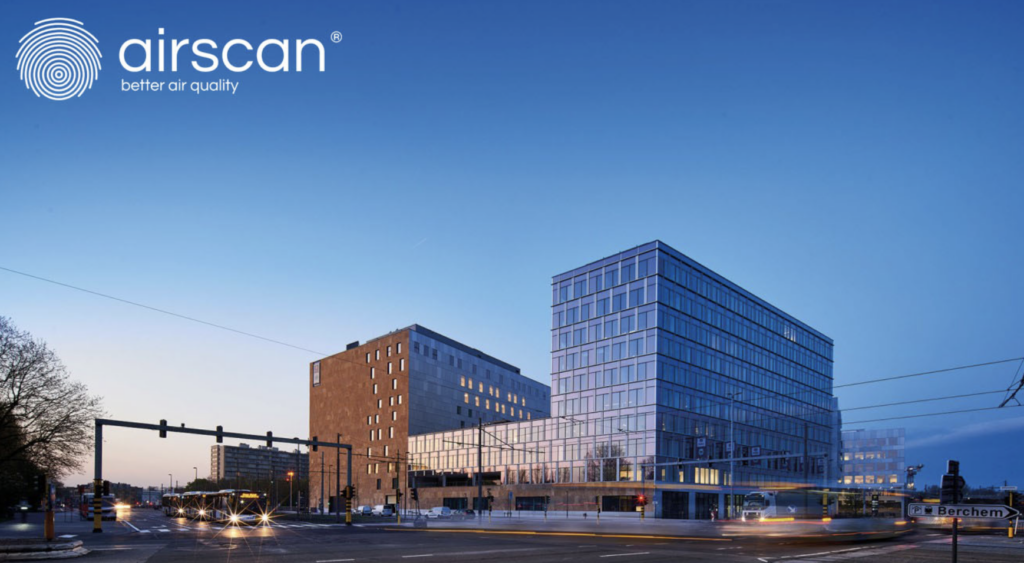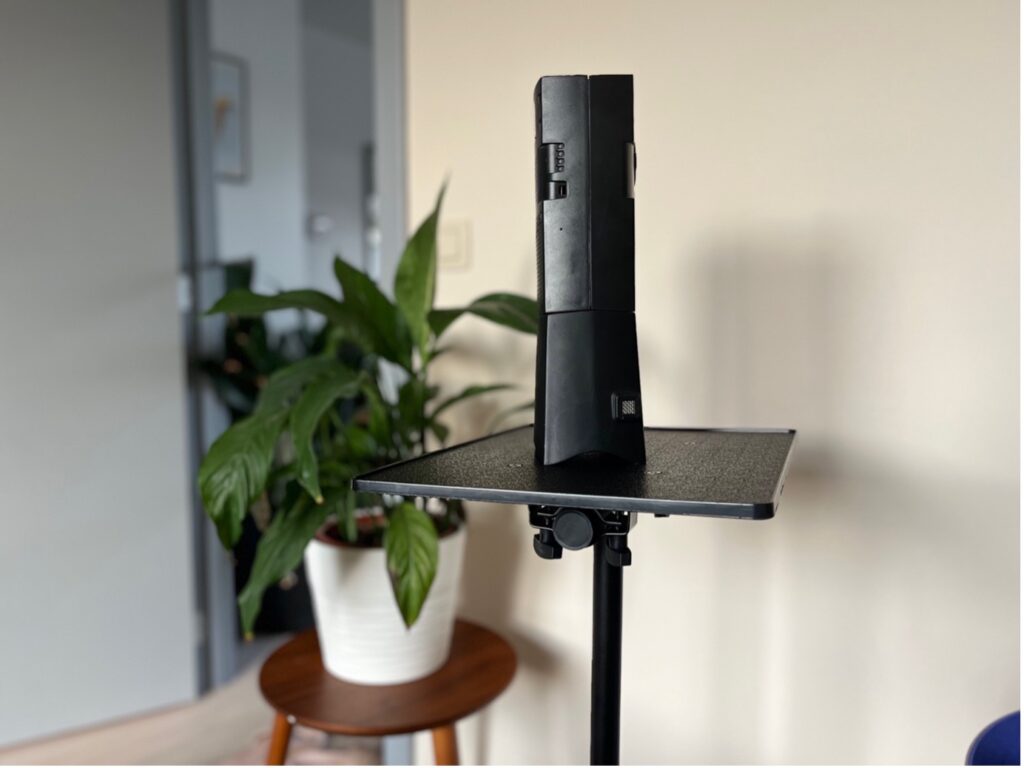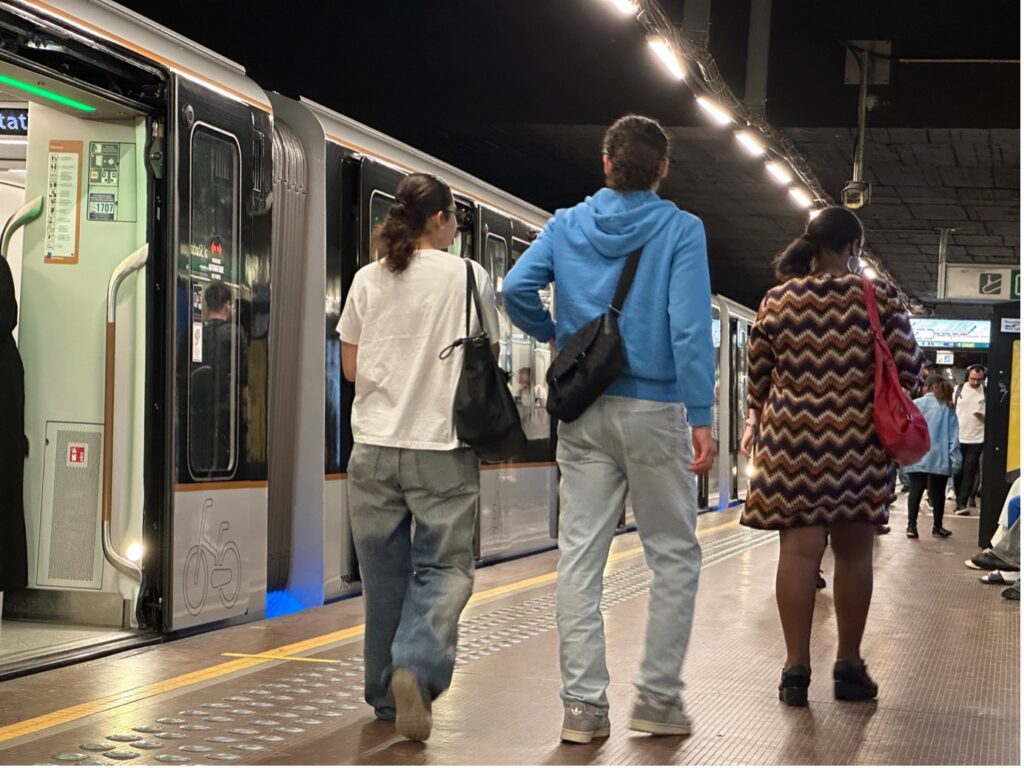Ventilation Audits in Flanders Care Homes: Airscan’s 40‑Site Study on Indoor Air Quality

Airscan’s audit of 40 Flemish care homes uncovered critical ventilation issues: nearly 1 in 4 rooms exceeded safe CO₂ limits. With VEB and VIPA support, the study offers data-driven solutions to protect residents’ health.
When Sustainability Drives Building Design and Construction: The Role of Green Building Certification

The increasing amount of time people spend indoors, which often exceeds 85% of their day or roughly 20 hours, has heightened awareness around the quality of indoor environments. As a result, issues such as indoor air quality, lighting (both color and intensity), thermal comfort, and acoustic levels have become critical areas of focus. These factors are not only essential for health and well-being but also significantly influence tenants’ productivity and concentration. Given the importance of these factors, developers and building owners are increasingly turning to the concept of green buildings. This approach focuses on creating sustainable, healthy indoor environments that are energy-efficient and environmentally friendly. To achieve these standards, many are pursuing certifications such as WELL, BREEAM, LEED…
What is the Air Quality Like In a Typical One-Bedroom Apartment in Brussels?

In Europe, people spend 80% to 90% of their time indoors. While most modern offices are equipped with efficient
ventilation systems, houses, and apartments often lack these technologies to monitor and improve air quality. Therefore, Airscan conducted a study to evaluate the presence of different pollutants inside a one-bedroom apartment located in Brussels, Belgium. The study focused on VOCs, PM2.5, and CO2, each of which significantly impacts human health…
Portu’Air Combining Health, Sustainability and Economic Development

Air quality is a pressing concern in urban and industrial areas worldwide, and the Port of Cotonou in Benin is no exception.
Recognizing the need for cleaner air and a healthier environment, Airscan Africa, represented by Ecobenin, has stepped in to make a significant impact…
Air Quality Across Different Brussels Metro Stations

With its intricate network of metro stations, Brussels serves as a crucial artery for daily commuters and tourists alike.
The quality of air within these subterranean hubs remains a pressing concern. In this blog post, we dive deeper into the air quality across various metro stations in Brussels, focusing on the concentrations of PM2.5 and PM10—two of the most harmful pollutants to human health…
